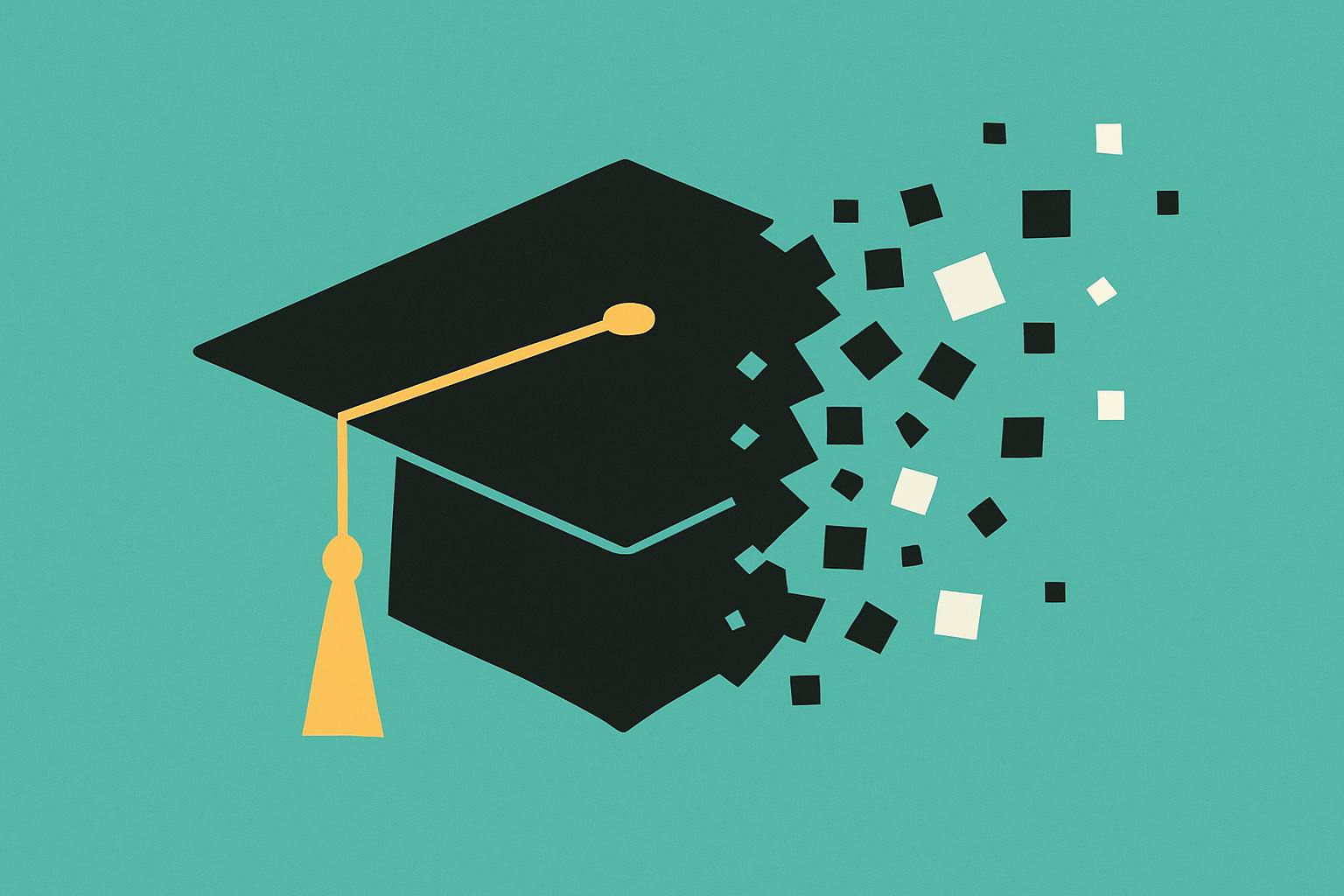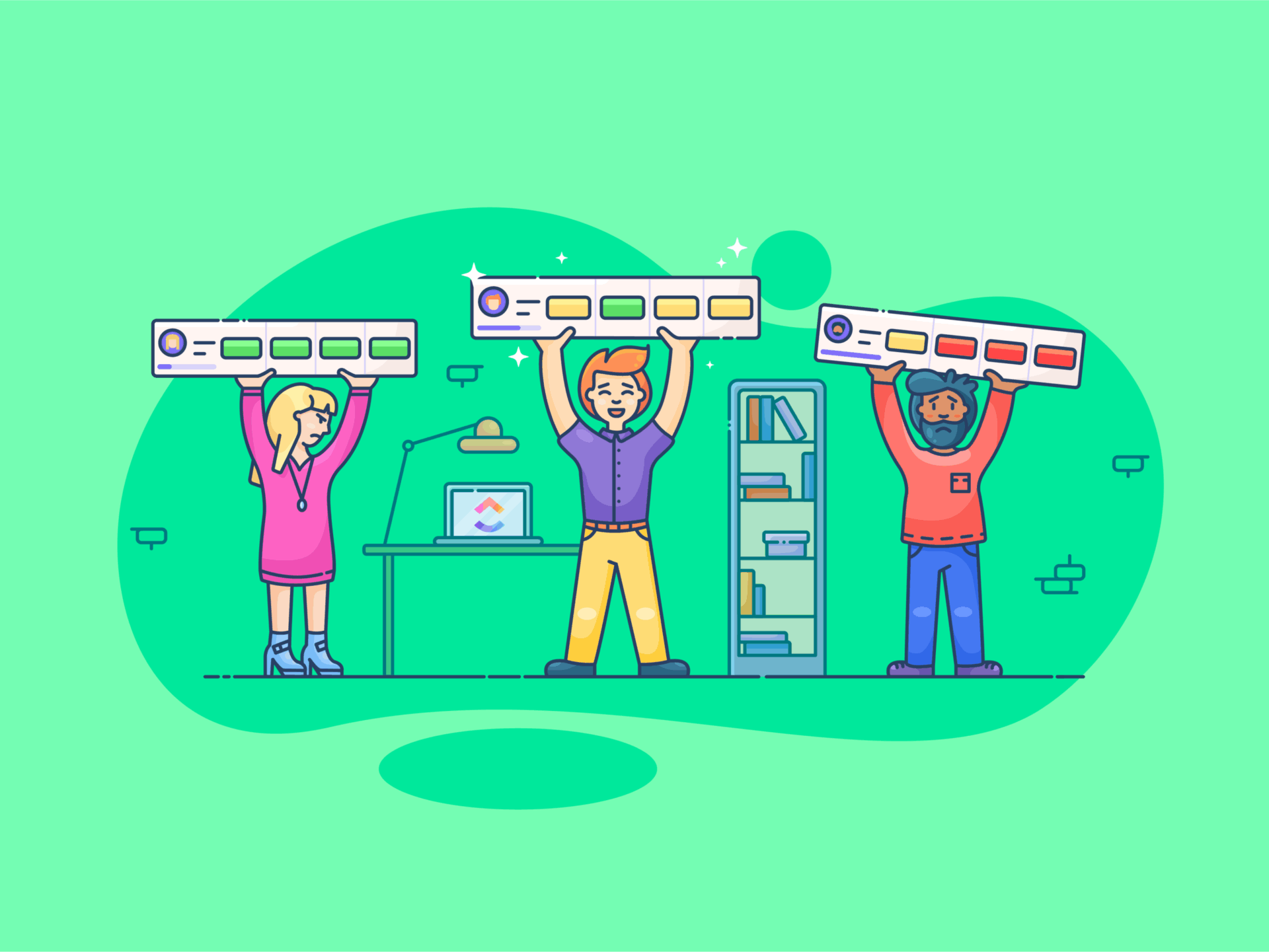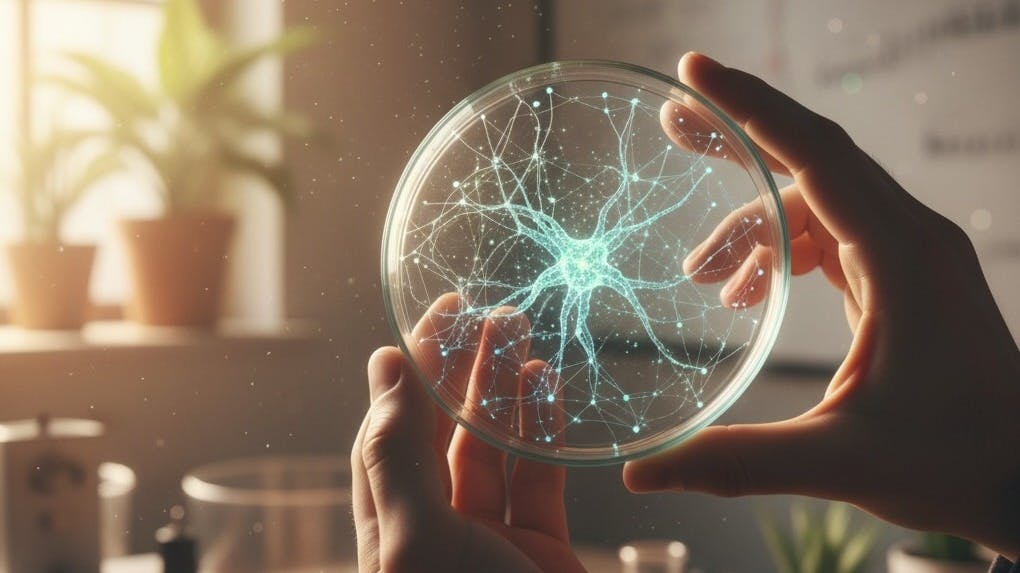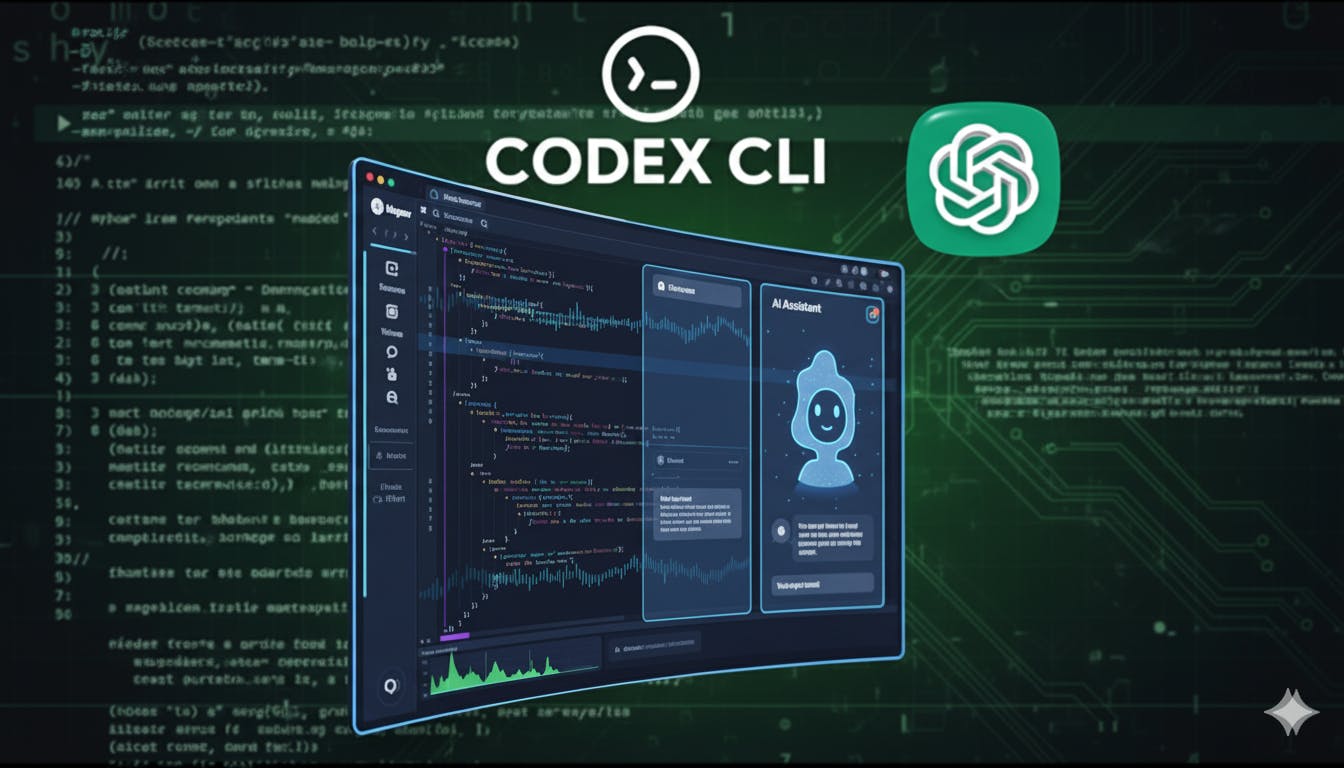Every conversation about artificial intelligence eventually comes back to jobs.
Will AI replace developers, lawyers, or accountants? How many millions of roles will disappear? Which industries will survive?
But focusing only on jobs misses the real story. n AI won’t kill work first. n It will kill the way we educate people for work.
Before professions collapse, the education pipeline that feeds them will break. Schools, universities, and corporations — all still designed for a stable, predictable world — simply cannot keep up with a system where knowledge is free and skills expire in months.
Why the Cracks Show in Education Before Jobs
For most of history, education and employment moved together. Schools prepared students for industries. Universities produced degrees that employers trusted. Corporations retrained workers for the skills they lacked. It was a coherent pipeline.
AI breaks this balance.
- Knowledge is abundant. Every fact memorized in school is instantly available.
- Credentials are devalued. Employers know a diploma doesn’t guarantee ability.
- Skills are temporary. What you learn in January may be outdated by December.
The result: people still graduate, but into a mismatch. The factory-built education system is preparing them for jobs that no longer exist — or at least not in the same form.
That’s why education is the first domino.
Schools: From Memorization to Curiosity
Schools were designed to produce disciplined, punctual workers who could follow instructions. The industrial classroom mirrored the factory floor: identical rows, standardized schedules, tests that measured compliance.
That model fails immediately in the AI age. Machines are perfect at memorization, recall, and following rules. Any curriculum that treats memory as mastery is obsolete.
What schools need to teach instead is curiosity — the ability to ask questions no database can answer. Exploration, adaptability, and experimentation become more valuable than correct answers.
- Today’s model: Punish mistakes, reward repetition.
- Tomorrow’s model: Reward questions, treat failure as feedback.
The most important subject schools can teach is not math, science, or history. It’s learning how to learn — the one skill that never expires.
Universities: From Prestige to Proof
For decades, universities sold degrees as tickets to the middle class. The assumption was simple: earn a diploma, get a job.
That monopoly on credentials is collapsing. AI accelerates it. Employers no longer trust prestige alone. They want proof of what you can create, test, or solve.
Universities must evolve from lecture halls into living labs: places where students ship real projects, test hypotheses, and publish ideas in public.
- A transcript should be more than course titles. It should be a record of challenges faced, skills applied, and problems solved.
- Instead of “I attended,” the signal becomes: “Here’s what I built. Here’s how it worked. Here’s what I learned.”
The diploma is fading. The portfolio is rising. Proof beats prestige.
Corporations: From Compliance to Growth
Corporate learning has long been an afterthought. Most training is compliance-driven: courses employees click through once a year and forget the moment they pass.
That approach collapses under AI. In a world where skills can expire in months, compliance is not learning. It’s paperwork.
Companies must treat growth as a core business function, not an HR checkbox. Employees need continuous cycles of experimentation, new challenges, and real-time feedback. The workplace itself becomes a learning environment — a place where people adapt as quickly as markets shift.
- Today’s model: Train once, repeat for years.
- Tomorrow’s model: Evolve constantly, treat every project as development.
The best companies won’t be those that hire the most talent. They’ll be those that grow talent the fastest.
Education as the First Domino
When people talk about AI and the future of work, they imagine a cliff: jobs suddenly disappearing, replaced by machines. But the collapse won’t be sudden. It will be gradual — and we’ll see the cracks in education first.
- Students will ask why they are memorizing what ChatGPT can recite in seconds.
- Employers will stop trusting degrees as meaningful signals.
- Workers will realize the “training” they receive at work doesn’t prepare them for reinvention.
By the time jobs truly disappear, the education system that once promised to prepare us will already be obsolete.
What Comes Next
This isn’t a story of collapse. It’s an invitation to redesign.
- Schools must become curiosity labs.
- Universities must become proof engines.
- Corporations must become growth incubators.
The real task of education in the age of AI is not to prepare people for specific roles — those will shift too quickly. It’s to prepare them for change itself.
That means teaching resilience, adaptability, and judgment. It means measuring not just what people know, but how they respond when the answer isn’t obvious.
AI doesn’t kill education. It forces it to evolve.
Final Thought
AI will change work. But it will change education first.
The education we have today — built for factories, prestige, and compliance — cannot survive an age where knowledge is infinite and certainty is gone.
The future belongs to those who can adapt, reinvent, and keep learning. And the institutions that survive will be the ones that stop teaching people how to pass and start teaching them how to change.











